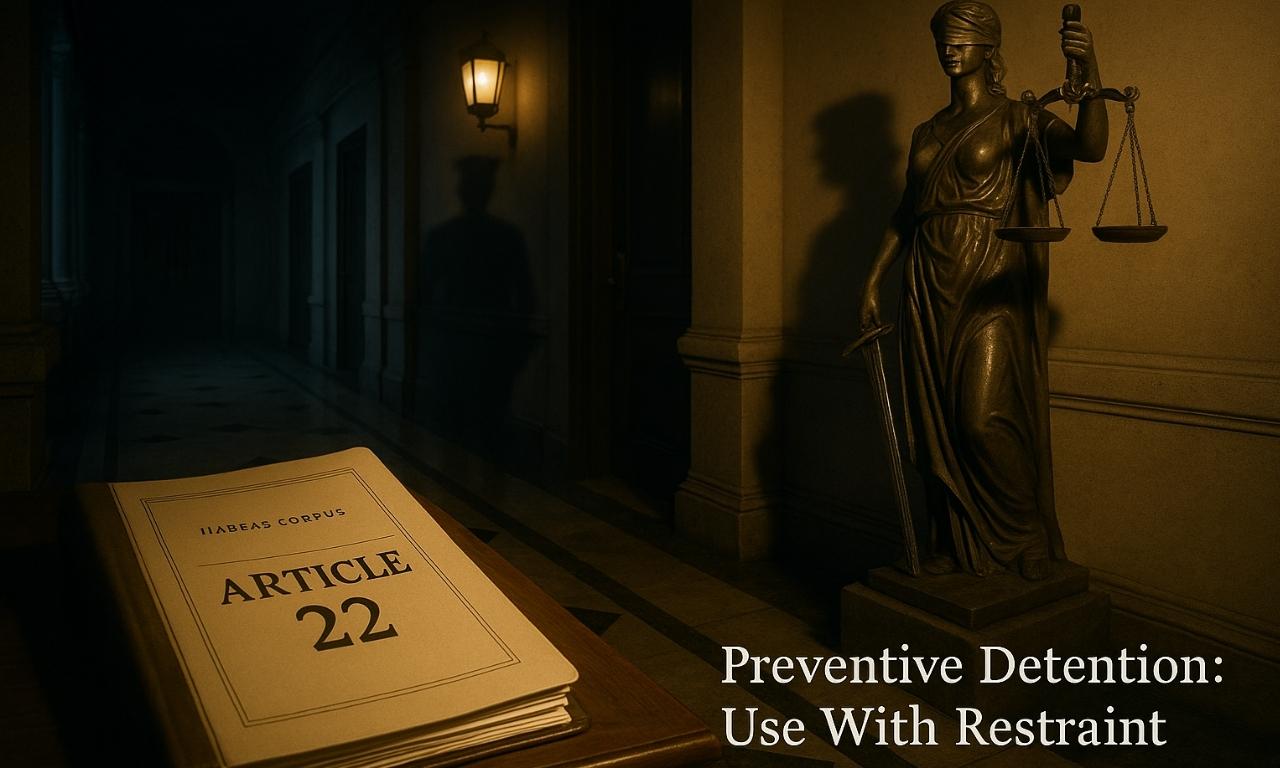A Supreme Court judge recently stepped aside from hearing a bail plea after several adjournments, without explaining the reason. This has revived debates about the absence of formal rules on judicial recusals in India.
What is Recusal?
- Recusal means when a judge withdraws from hearing a case to avoid any perception of bias or conflict of interest.
- Aim: To ensure judicial independence and impartiality. To strengthen public faith in the fairness of justice.
- Based on the principle: “Justice must not only be done but must also be seen to be done.”

Position in Indian Law
- No formal law or written rules on recusals exist in India.
- Judges can step aside voluntarily, without giving reasons.
- Two types:
- Self-recusal: Judge himself withdraws.
- Requested recusal: A party raises doubt of bias and seeks judge’s withdrawal.
- The final choice rests with the judge; no party can force recusal.
- Once a judge recuses, the Chief Justice reassigns the case to another Bench.
Key Judicial Pronouncements
- Ranjit Thakur v. Union of India (1987): Even a “reasonable fear of bias” is enough for withdrawal.
- State of West Bengal v. Shivananda Pathak (1998): Presence of bias makes justice meaningless.
- SC Advocates-on-Record Association v. Union of India (2015): If there is financial interest, no need to check for further bias; recusal is automatic.
International Practices
- United States: Law (Title 28, U.S. Code) lists grounds like financial interest, prior involvement as lawyer/witness, or close relation to a party.
- United Kingdom: Through judgments, the “real danger test” was adopted in R v. Gough case — withdrawal is required when concrete evidence shows real risk of bias.
Issues with Current System in India
- No codified rules → judges withdraw without explanation.
- Risk of misuse → lawyers may push for recusals to get a favorable bench or delay proceedings.
- Public suspicion → lack of reasons can create doubts about hidden pressures.
- Case delays → sudden withdrawals after many hearings waste judicial time and hurt litigants.
Recommendations
- Frame clear guidelines on when recusal is needed.
- Judges should state brief reasons to enhance transparency.
- Uniform standards such as financial conflict, family ties, prior association, or political influence.
- Committee of judges and lawyers to draft balanced rules.
Conclusion:
Recusal is crucial to maintain fairness and credibility of the judiciary. But in India, the absence of codified norms and unexplained recusals weaken its effectiveness. A transparent framework balancing independence with accountability is the way forward.





